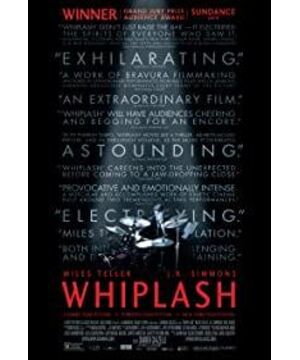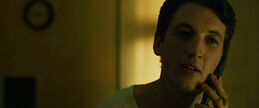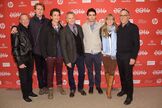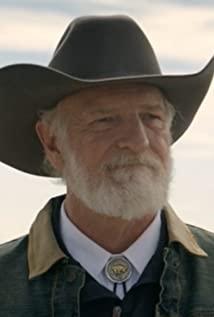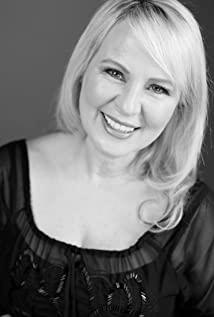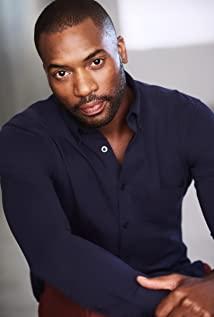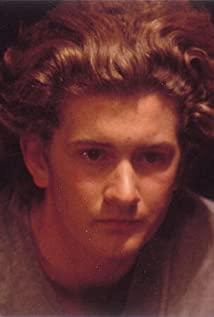Until I heard this line:
-"Dying broke and drunk and full of heroin at the age of 34 is not exactly my idea of success."
-"I'd rather die drunk, broke at 34 and have people at a dinner table talk about me than live to be rich and sober at 90 and nobody remembered who I was."
I began to be ignited by the pursuit of perfection, and I saw myself and the paranoid side of my heart a few years ago. Seeing his dripping blood is like seeing the thick calluses on my fingers, I just hate that they are not thicker, thick enough to make me "one of the greatest". Seeing him holding back the pain in his heart and breaking up with his girlfriend expressionlessly, and his girlfriend confirmed with tears, "Do you think I will hinder your success?" I excitedly want to answer "yes! yes! yes!" for the male protagonist. Because in our lives, most of our time is spent on piano practice, study, thinking, and even creation, and these need to be done alone, just like practice and meditation. I saw the shadow of the people around me in the hero, who was depressed, anxious, and his temperament changed drastically because he couldn't achieve my perfect state.
"Not quite my tempo!! Faster! Faster!!!" However, both Andrew and Fletcher are like machines. A machine without emotion and music. Music is not a men's 100m final, and the quality of music is not judged by speed. You can run with feelings, you can also run with "what will I eat later", or you can run with empty space. The last thing you see is the number on the stopwatch anyway. Strictly following the quarter note = 208 marked on the score does not mean that you can play the most moving music. A performer is like a magician who can create another parallel space in the real world at this moment. The pianist can ignore the tens of thousands of eyes in the dark and immerse himself in a beam of yellow light, single-handedly as if into a man's land. At this time, he may be in Poland in 1830 or Vienna in 1750, creating a world of sound out of the present under his fingers, slowly and bit by bit, drawing the audience into a long axis of history and emotion. .
The real Charlie Parker was not nearly smashed by Jo Jones with cymbal. In his autobiography, Cymbal just hit the ground and made a ding-dong sound to signal him to get out. On the second day, he didn’t change his mind and turned into a robot and began to accelerate wildly. Instead, he began to study systematically in the following year, including music theory, and listened to a lot of masters’ performances, and gradually became one of the masters who are well-rounded. . Miles Davis did not fire the sound engineer because of the slight squeaking of the chair often on the album. Instead, this unique studio noise became a good story. Music critics kept talking about it, giving it a "jazzy sense of time." And a sense of space". Dave Brubeck wandered in Turkey in 1950. Inspiration from a foreign land passed through a fantastic and talented brain, which gave birth to the wonderful five-time jazz "Take Five". This is the soul of music.
The only moment in the whole movie that makes me feel my soul is when Fletcher is playing the piano in a bar. The expression on his face resembled a player enjoying music, the eyebrows raised with the discordant minor second interval, and the relieved smile when returning to the main chord.
As for Andrew's final revenge and the solo that made countless audiences bloody, in real life, I can only say good luck to him. Boy, no matter how fast you move, you still can't be Charlie Parker. Because you have no soul.
View more about Whiplash reviews


